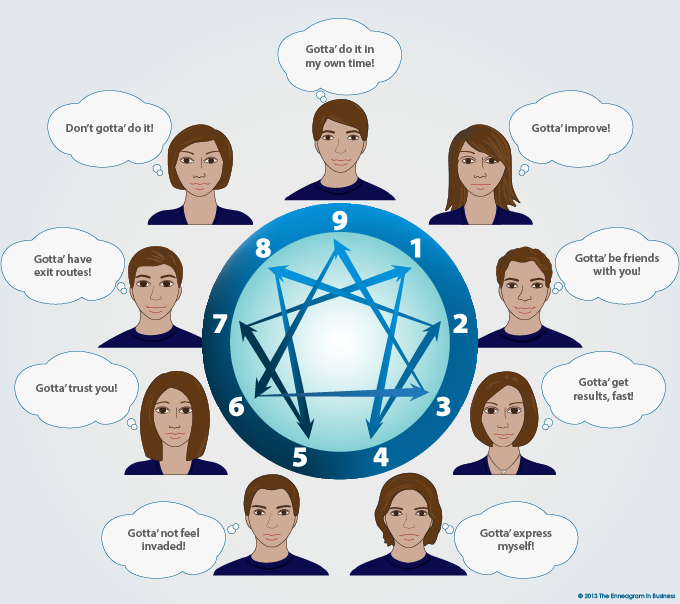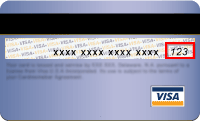How clients of the 9 Enneagram types perceive coaches and coaching

Coaching and the Enneagram
Coaching has been the fastest-growing human resource profession for more than three decades, and people from a variety of occupations list themselves as coaches – human resource specialists, coaches with certification or on-the-job experience, managers, trainers, psychologists, social workers, teachers, and organizational consultants. Coaching is now the premier talent development method for personal and professional growth because it targets the specific development needs of each individual, and coaches are increasingly using the Enneagram.
The Enneagram’s coaching application makes a dramatic difference in coaching because it allows coaches to identify the client’s coaching needs quickly, enables clients to do a great deal of growth on their own, and provides specific development paths and activities for clients based on Enneagram type. Coaching thus goes faster, deeper, and has longer-lasting results. If you are interested in ICF accredited coaching programs Ginger offers, or for more information on coaching, check out our coaching website enneagram-coaching.com.
Find out about the strengths and challenges of being a coach, as well as development tips for coaches of each Enneagram type.
Strengths
One
Clear, responsible, discerning, practical, committed to lifelong self-improvement
Two
Empathic listeners, psychologically savvy, available, offer useful advice and resources
Three
Pragmatic, results-oriented, organizational savvy, strong interpersonal skills, confident
Four
Understanding, empathic, compassionate, patient dealing with difficult issues
Five
Objective, calm, analytical, think systematically
Six
Insightful, truthful, dependable, anticipate and plan thoroughly
Seven
Enthusiastic, creative, interested in others, optimistic, ability to frame issues from different perspectives
Eight
Clear and strong, honest, able to identify key issues, organizational and political savvy
Nine
Approachable, nonjudgmental, calm and relaxed, accepting of multiple perspectives
Challenges
One
Critical and judgmental, impatient, overly directive
Two
Over-involved, too relationship-focused, create dependency, hesitant to offer negative feedback
Three
Inattentive to feelings, frustrated with clients who don’t “get it” quickly, may appear artificial
Four
Over-emphasize feelings, over-use personal stories, over-personalize issues
Five
Appear remote, detached or unavailable, overemphasize tasks over emotions
Six
Appear contagiously anxious, convey a more negative than positive attitude, plan excessively
Seven
Unfocused, inattentive, talk more than listen, offer too many ideas or suggestions
Eight
Overly direct and directive, impatient, overconfident or invincible
Nine
Slow interpersonal pace, indirect, reluctant to give opinions, slow to act
Development tips
One
Relax, have a plan but not an overly-structured one, have an attitude of positive regard
Two
Refrain from giving advice, maintain enough distance to allow a full perspective
Three
Be real and not in a role, share times when you have suffered or even failed, engage feelings
Four
Keep your stories simple and concise, keep a healthy emotional distance while being fully attentive
Five
Engage your feelings and physical sensations so you are fully integrated, pursue feelings
Six
Be calm and centered, consider positive possibilities equally with negative ones
Seven
Stay focused, pursue context as well as content, explore feelings in depth
Eight
Allow your vulnerability and accessibility to be present, be patient with the process
Nine
Let your client know what you are thinking and feeling, ask challenging questions


